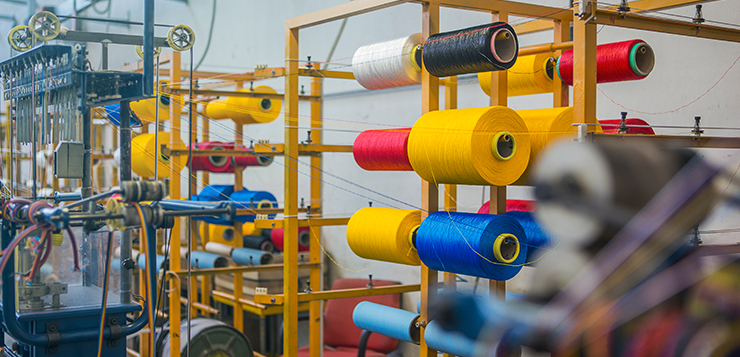Challenge
More than 75 million people work in the textile and garment industry worldwide, the majority of them in developing countries. Production and working conditions for most workers do not meet international environmental and social standards. Health and environmental conditions, safety, terms and conditions, wages, working hours, and workers’ ability to organise all need to improve. Customer choice is an important driver of responsible business conduct. Many consumers are interested in buying sustainably produced textiles, but to do so they need to be easy to identify.
Approach
To address the many challenges in this complex global supply chain, Germany’s Federal Ministry for Economic Cooperation and Development (BMZ) uses a smart mix of voluntary and mandatory measures through a three-pronged approach – working with business to improve supply chains, working with consumers to help them understand textile labels and establishing a government-awarded certification label:
1.The Partnership for Sustainable Textiles, established in October 2014, brings together businesses, government, civil society, trade unions and standard-setting organisations to find common solutions for improving social and environmental conditions in the global textile and garment industry and achieve substantial improvements in their global supply networks. Participating companies make individual social, environmental and economic commitments.

